Business aviation is defined as the use of a general aviation airplane for a business purpose. It is essential to tens of thousands of companies of all types and sizes in the U.S. that are trying to compete in a marketplace that demands speed, flexibility, efficiency and productivity. It is also a vital contributor to America’s job base, economy and transportation system. Furthermore, it connects small towns and communities that often have little or no airline service. Equally important, business aircraft are very often used to support humanitarian causes, and provide relief in the wake of natural disasters. Review more information below.
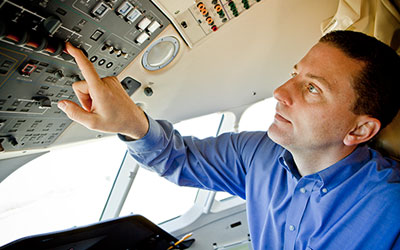
Learn the Basics
Business aviation is the use of any “general aviation” aircraft for a business purpose. The Federal Aviation Administration defines general aviation as all flights that are not conducted by the military or the scheduled airlines. As such, business aviation is a part of general aviation that focuses on the business use of airplanes and helicopters.
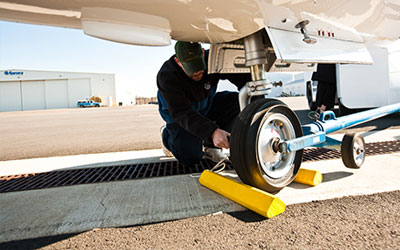
Over a Million Jobs
Business aviation means jobs. From the smallest U.S. towns to the largest American cities, business aviation employment plays an important role in regional and state economies. Directly through aircraft manufacturing and airport-related jobs, and indirectly through the purchase of goods and services by firms involved in the manufacture, operation and maintenance of business aircraft, business aviation is a major employer in the United States.
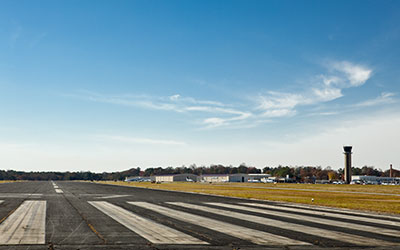
A Lifeline for Communities
Business aviation provides a critical transportation lifeline to thousands of communities all across the U.S. that have little or no airline service. This means that when a company needs to reach clients, manage far-flung facilities, or seek out new opportunities, business aviation isn’t just the most prudent option – it’s often the only option.
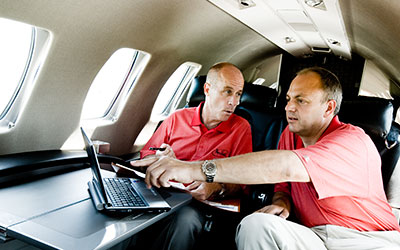
Enhanced Productivity
Business aviation is a productivity tool used by thousands of companies and organizations of all sizes. These forward-thinking organizations utilize business aircraft to minimize travel time; enhance the efficiency, productivity, safety and security of key personnel; and remain nimble, competitive and successful in today’s highly competitive marketplace.

Humanitarian Support
Business aviation is often on the front line in lending a hand to citizens and communities in times of crisis. Through volunteer organizations like Angel Flight, Air Care Alliance and Corporate Aircraft Responding in Emergencies, companies and pilots regularly provide life-saving services to people in hard-to-reach communities around the globe.
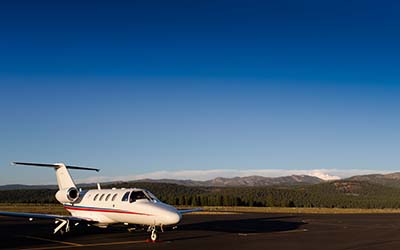
Sustainability
Business aviation has long been committed to environmental responsibility and the industry has pledged to achieve net-zero carbon emissions by 2050. Many emissions-reducing technologies – including winglets, fuel-sipping engines, advanced composites and sleek aerodynamics – were pioneered by business aviation.
